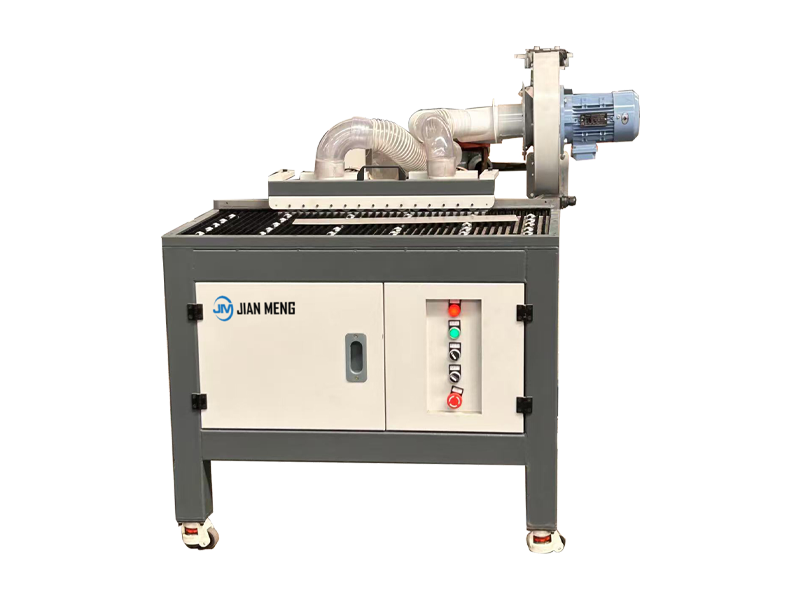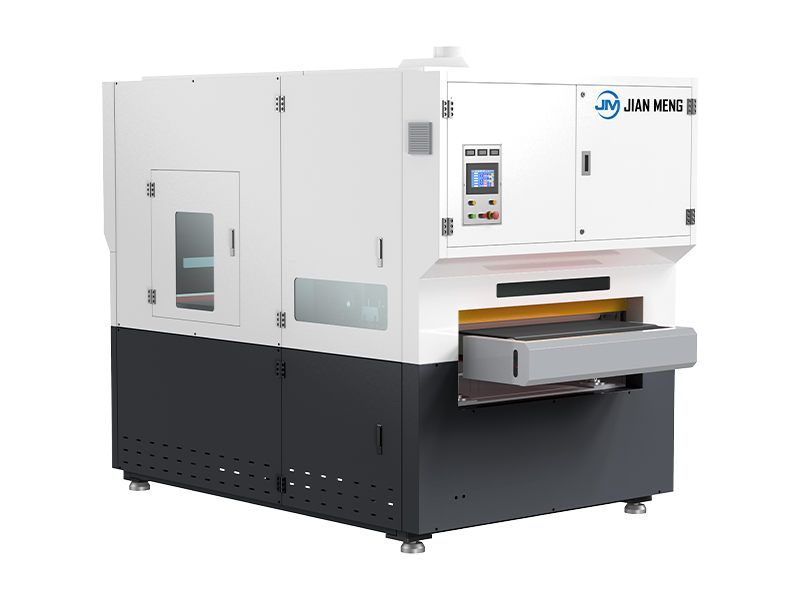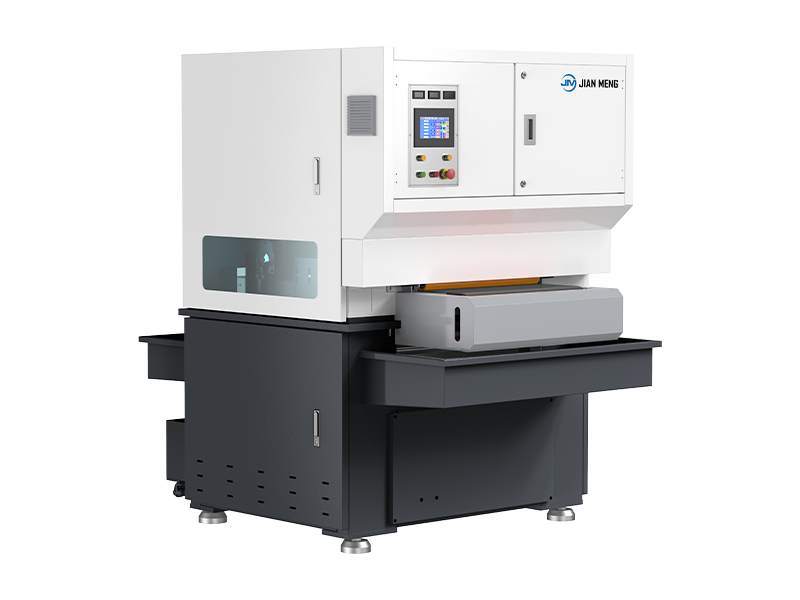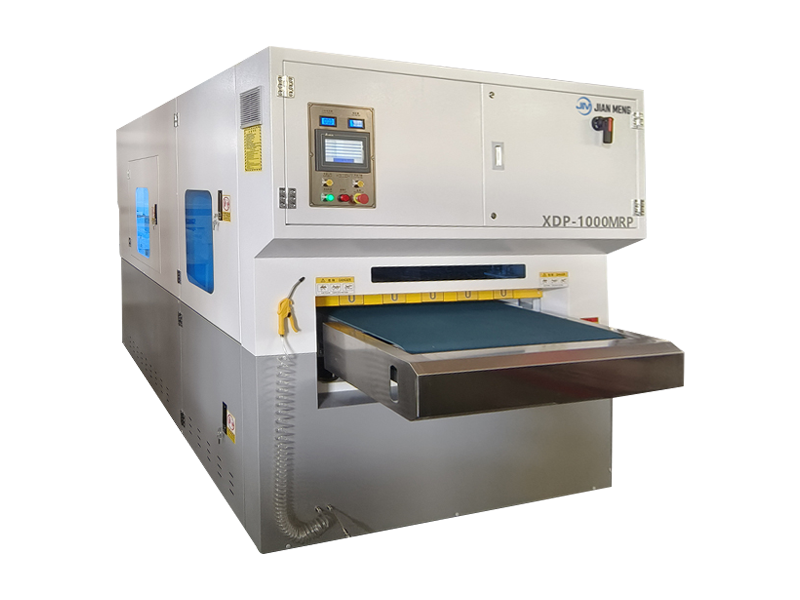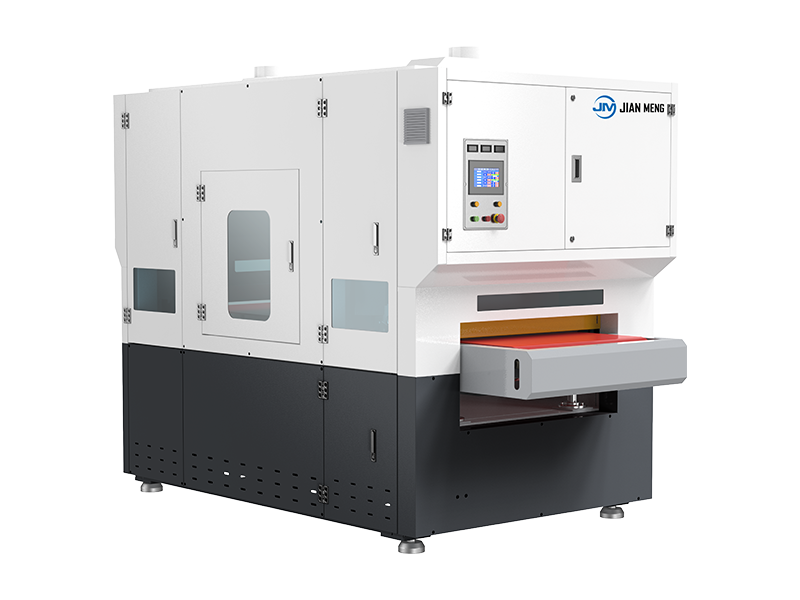For small businesses—from e-commerce startups to local retail and artisanal food producers—packaging is more than a logistical step: it safeguards product integrity, reinforces brand credibility, and controls overhead. Shrink wrap machines, tailored to low-to-medium volume needs, address these priorities by combining cost efficiency with professional-grade packaging. This guide breaks down the technical nuances of top-tier machines, their industry-specific applications, and data-driven selection criteria—all aligned with small business constraints and standards like ASTM D1790 (shrink film performance) and FDA 21 CFR 177.1630 (food-contact film compliance).
1. Fundamentals: How Shrink Wrap Machines Add Value for Small Businesses
A shrink wrap machine uses heat-activated polymer films (PVC, POF, PE) to form a tight, conformable seal around products. The process relies on two core steps: 1) Sealing the film around the item (via heated bars or impulse sealing); 2) Applying controlled heat to trigger film shrinkage (via hot air or infrared). For small businesses, this delivers measurable benefits:
- Cost reduction: Shrink film (e.g., 100m POF roll) costs 30–50% less than corrugated boxes for equivalent packaging.
- Space efficiency: Shrink-wrapped items reduce storage volume by 25–40% (critical for small warehouses).
- Compliance: Food/beverage businesses can use FDA-approved films to meet hygiene standards; electronics sellers benefit from anti-static PE films to protect components.
Shrink wrap equipment is categorized by sealing mechanism and throughput—each optimized for specific product types and packaging volumes. Below is a technically precise breakdown of the most relevant options:
2.1 I-Bar Shrink Sealers (Low-Volume: 10–50 Units/Day)
Technical Principle: Features a straight (I-shaped) heated sealing bar that simultaneously cuts and seals shrink film. Operates via impulse heating (energy used only during sealing, reducing power consumption to 300–600W).
Key Specifications:
- Sealing length: 300–600mm (accommodates small-to-medium items like phone cases, artisanal soap, or 12-pack snacks).
- Temperature range: 80–200°C (compatible with PVC and POF films—POF is preferred for food due to low toxicity).
- Cycle time: 2–5 seconds/seal (manual load/unload).
Top Model for Small Businesses: AIE-2008I
- Standout Features: Adjustable sealing time (0.5–3s) to prevent film burn; built-in cutter with safety guard (reduces operator injury risk); lightweight (8kg) for countertop use.
- Ideal Use Case: E-commerce sellers packaging 10–30 small items/day (e.g., handmade jewelry, small electronics) or local bakeries wrapping 6-pack pastries.
2.2 L-Bar Shrink Sealers (Medium-Volume: 50–200 Units/Day)
Technical Principle: Uses an L-shaped sealing frame to seal film around 3 sides of a product in one motion, creating a "bag" before shrinkage. Most models integrate a built-in fan or optional heat gun for on-site shrinking, eliminating the need for separate equipment.
Key Specifications:
- Sealing frame size: 400×300mm to 600×450mm (fits larger items like wine bottles, tool kits, or 24-pack beverages).
- Sealing speed: 1–3 units/min (semi-automated, with manual product placement).
- Film compatibility: POF (preferred for clarity) and PE (for heavy-duty items like hardware).
Top Model for Small Businesses: Traco Deluxe SuperSealer
- Standout Features: Dual-temperature control (seal bar + integrated 1,500W heat gun); stainless steel construction (easy to clean for food applications); replaceable Teflon sealing strips (reduces maintenance costs to $10–$20/year).
- Ideal Use Case: Retail stores packaging clothing bundles, pet supply businesses wrapping toy sets, or local breweries sealing 4-pack cans.
2.3 Benchtop Heat Shrink Tunnels (High-Volume Small Business: 200–500 Units/Day)
Technical Principle: Paired with L-Bar sealers, these compact tunnels (0.5–1m long) use infrared heaters or hot air circulation to deliver uniform heat (120–220°C) for consistent shrinkage. Unlike hand-held heat guns, tunnels eliminate human error (e.g., uneven shrinkage).
Key Specifications:
- Conveyor speed: 0.5–2 m/min (adjustable for different film thicknesses: 15–50μm).
- Heat distribution uniformity: ±5°C (ensures no film wrinkling on glossy products like cosmetic boxes).
- Power consumption: 1–2kW (lower than industrial tunnels, suitable for standard 110V/220V outlets).
Top Model for Small Businesses: Minipack-Torre MVS45X
- Standout Features: Digital temperature control (1°C increments); compact footprint (60cm×40cm, fits on production tables); built-in cooling fan (reduces product exit temperature, preventing heat damage to plastic or paper packaging).
- Ideal Use Case: Small-scale electronics manufacturers packaging chargers, or subscription box services wrapping 100+ monthly boxes.
2.4 Handheld Heat Guns (Occasional/Irregular Shapes: <10 Units/Day)
Technical Principle: Portable devices (1,000–2,000W) that direct concentrated hot air to shrink film manually. Best for irregularly shaped items (e.g., large pottery, tools with protruding parts) where rigid sealers can’t reach.
Key Specifications:
- Temperature range: 100–600°C (variable settings for thin PVC vs. thick PE film).
- Weight: 0.5–1kg (reduces operator fatigue during extended use).
Top Model for Small Businesses: Sealer Sales KF-150CST
- Standout Features: Ergonomic grip; 2-speed fan (high for thick film, low for delicate items like gift baskets); replaceable heating element ($25–$35, extending tool life to 3+ years).
- Ideal Use Case: Artisans wrapping handmade furniture, or small hardware stores packaging irregular tools.
3. Non-Negotiable Benefits of Shrink Wrap Machines for Small Businesses
Beyond basic packaging, these machines solve core small business pain points:
- Tamper Resistance: Heat-sealed shrink film creates a visible "break seal"—critical for CBD, supplements, or high-value electronics (reducing theft and customer disputes by 60%+).
- Brand Visibility: Clear POF film showcases product design (e.g., artisanal chocolates, custom printed apparel) better than opaque boxes, boosting in-store and online conversion.
- Sustainability: Recyclable POF film (ASTM D6400 certified) aligns with consumer demand for eco-friendly packaging, avoiding the waste of single-use boxes.
- Scalability: L-Bar sealers can grow with your business—add a benchtop tunnel later to double throughput without replacing the base machine.
4. Data-Driven Selection Criteria for Small Businesses
Choose a machine by balancing volume, budget, product specs, and compliance:
4.1 Packaging Volume (Critical for Avoiding Bottlenecks)
| Daily Volume | Recommended Machine Type | Cost Range (USD) | ROI Timeline |
|--------------|--------------------------------|------------------|--------------|
| <10 units | Handheld heat gun | $50–$200 | 1–2 months |
| 10–50 units | I-Bar sealer | $200–$800 | 2–3 months |
| 50–200 units | L-Bar sealer (with heat gun) | $800–$2,000 | 3–4 months |
| 200–500 units | L-Bar + benchtop tunnel | $2,000–$5,000 | 4–6 months |
4.2 Product Size & Film Compatibility
- Small, lightweight items (≤1kg): I-Bar sealer + 15–25μm POF film (clear, cost-effective).
- Heavy/durable items (1–5kg): L-Bar sealer + 30–50μm PE film (puncture-resistant).
- Food items: Ensure machine/film is FDA-compliant (avoid PVC, which releases toxins when heated).
4.3 Budget: Total Cost of Ownership (TCO), Not Just Upfront Price
- I-Bar sealer: $200 upfront + $50/year (replacement strips, electricity) = $450 over 5 years.
- Handheld heat gun: $100 upfront + $30/year (heating elements) = $250 over 5 years.
Avoid "cheap" no-name models—they often have inconsistent heating (increasing film waste by 20%+) and fail within 6–12 months.


 English
English  中文
中文  Arabic
Arabic  Russian
Russian  Spanish
Spanish  Portuguese
Portuguese  French
French  German
German  Hindi
Hindi  Thai
Thai  Vietnamese
Vietnamese  Khmer
Khmer  Italian
Italian  Turkish
Turkish  Korean
Korean  Belarusian
Belarusian 

